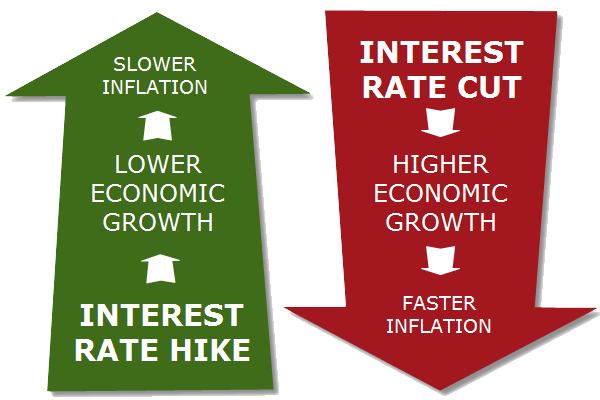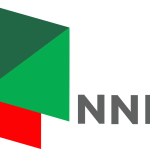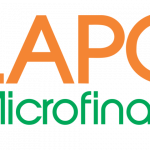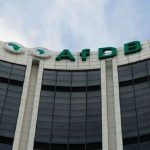Economy
MPC Meeting: Experts Predict Rate Cut to 13%
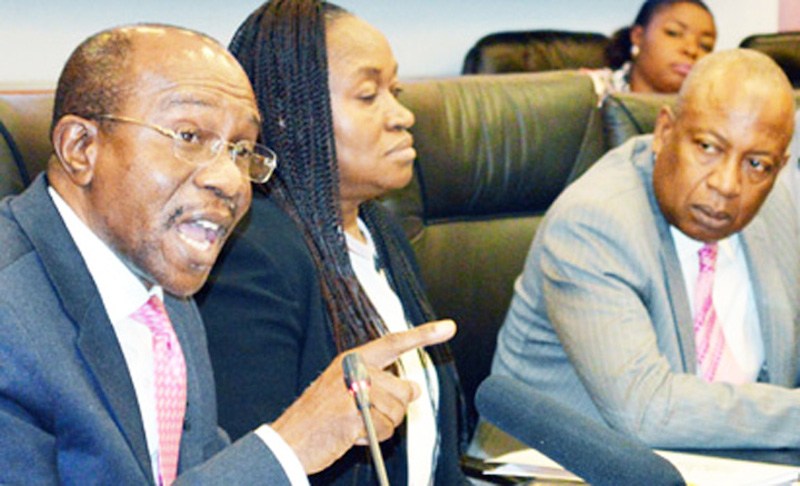
Modupe Gbadeyanka
As the Monetary Policy Committee (MPC) meeting of the Central Bank of Nigeria (CBN) commences today, experts at FSDH Research are optimistic that the committee will likely support the reduction in the Monetary Policy Rate (MPR) by 50 basis points.
At its last meeting on May 20 and 21, 2019, the MPC retained the benchmark interest rate at 13.50 percent, and retained the asymmetric corridor of +200/-500 basis points around the MPR.
It also left both the Cash Reserve Ratio (CRR) at 22.5 percent; and the Liquidity Ratio (LR) at 30 percent.
Within the last few weeks, the CBN has issued two important directives to banks within geared towards stimulating lending to the real sector of the economy to boost economic activity.
In its report, FSDH Research said members of the MPC will likely vote to reduce the policy rates because an increase was not an option under the current economic situation in the country.
It said the short-term outlook of the inflation rate (which points to a declining trend, other things being equal), stability in the foreign exchange rate, and the drive of the Federal Government of Nigeria (FGN) and the CBN to stimulate growth in the economy all support a rate cut.
The investment firm said such a cut would add weight to the implementation of the CBN’s 5-year strategic plan.
“FSDH Research anticipates a 50 basis points reduction in the Monetary Policy Rate (MPR), as well as a possible adjustment to the asymmetric rates around the MPR,” the report said.
It noted that developments in the global economy also favour an interest rate cut in the short-term and expects the Federal Open Market Committee (FOMC) of the US Federal Reserve System to lower the Federal Funds Rate by 0.25 percent at its next meeting later this month.
The firm explained that this would aim to provide additional incentive for the global economy following signs of economic slowdown.
In the June 2019 edition of its Global Economic Prospects (GEP), the World Bank downgraded the global growth forecast for 2019 by 0.3% to 2.6 percent. The downward revision reflects weaker-than-expected international trade and investment during the first half of the year. The growth in sub-Saharan Africa was also significantly lower than expected. The 2019 growth forecast for Nigeria is now 2.1%, lower than the previous forecast of 2.2 percent.
According to FSDH Research, the short-term forecast indicates that the inflation rate in Nigeria may continue to trend downwards until October 2019. This is based on the assumptions that there will be no adjustments to the electricity tariff or the pump price of Premium Motor Spirit (PMS).
“Although we stress that there is a need for these prices to increase, the FGN may not be keen to an adjustment in the short-term.
“Should the increase take place, our projections show that it will shift the inflation curve by 2.5 percent. The impact of the implementation of the new National Minimum Wage on the inflation rate is minimal. Implications of the foregoing are that there may not be pressure on the MPC to raise the policy rate with a view to taming inflationary pressure.
“The CBN is already adopting moral suasion to encourage investment in agriculture to boost production and yields in an attempt to douse a spike in food prices which would place upward pressure on the inflation rate,” it said.
A major pressure point for the FGN at the moment is the high interest expenses relative to FGN revenue. Although the major cause of this problem is government’s low revenue, the low interest rate environment since January 2019 has helped the Debt Management Office (DMO) to raise cheaper debt for the government than before. Unless there is internal or external shock, CBN policies may continue to favour a low interest rate. This may also stimulate lending to non-oil sectors of the economy, provided there are complementary fiscal policies which will improve the business environment.
The negative impact of low growth in the global economy on the price and demand of crude oil may have a negative impact on the exchange rate.
“However, the current external reserve position at over $45billion may provide short-term stability for the exchange rate. In its July 2019 Short-Term Energy Outlook (STEO), the Energy Information Administration (EIA) revised downwards its forecast for Brent crude oil price to $66.51/b in 2019. The data shows that the price of crude oil fell from a peak of $77.06/b in May 2019 to $64.12/b in June.
“We also note that an increase in policy rate may not address the crude oil price. Intervention by the
Organization of the Petroleum Exporting Countries (OPEC) in the way of a production cut may also provide short-term stability for the crude oil price.
“While FSDH Research notes there are a number of structural challenges in the economy at the moment that can reduce the effectiveness of monetary policy, there are strong indications that the MPC members may vote to reduce the MPR to 13 percent.
“The market should not be surprised if the MPC also announces a reduction in the rate of the Standing Deposit Facility (SDF) of the banks with the CBN. It is possible that the MPC will maintain the Liquidity Ratio and CRR at the current level,” the report said.
Economy
CSCS, Two Others Weaken NASD OTC Bourse in Final August Trading
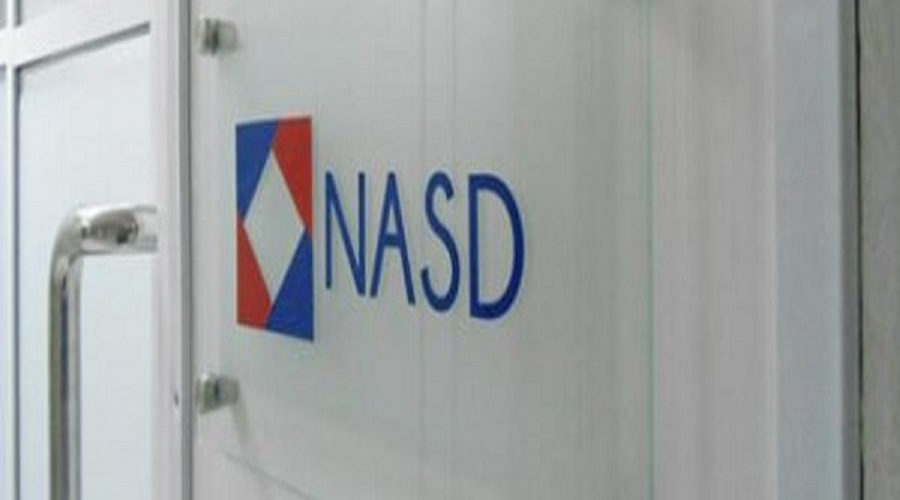
By Adedapo Adesanya
Three stocks weakened the NASD Over-the-Counter (OTC) Securities Exchange by 1.09 per cent on Friday, August 29, with one of the bellwethers, Central Securities Clearing System (CSCS), leading the losers’ chart after it shed N5.00 to close at N45.00 per share compared with the previous day’s N50.00 per share.
Further, First Trust Mortgage Bank Plc dipped 3 Kobo to close at 60 Kobo per unit versus 63 Kobo per unit and Geo-Fluids Plc dropped 1 Kobo to settle at N4.94 share, in contrast to the preceding day’s N4.95 per share.
As a result, the market capitalisation of the trading platform went down by N23.82 billion to N2.165 trillion from N2.189 trillion and the NASD Unlisted Security Index (NSI) declined by 39.81 points to finish at 3,619.89 points, in contrast to the 3,659.70 points it ended a day earlier.
During the trading session, there was a gainer and it was NASD Plc, which appreciated by N2.79 to close at N30.68 per unit compared with the previous day’s price of N27.89 per unit.
Yesterday, there was significant increase of 1,482.0 per cent in the volume of securities traded by the market participants to 8.5 million units from the previous session’s 535,298 units, there was a rise of 11.4 per cent in the value of securities to N10.4 million from N9.3 million, and there was an 8.8 per cent growth in the number of deals to 37 deals from 34 deals.
At the close of trades, Okitipupa Plc was the most traded stock by value on a year-to-date basis with 158.7 million units worth N5.9 billion, followed by Air Liquide Plc with 507.3 million units worth N4.2 billion, and FrieslandCampina Wamco Nigeria Plc with 44.4 million units transacted for N1.9 billion.
Also, Industrial and General Insurance (IGI) Plc was the most traded stock by volume on a year-to-date basis with 1.2 billion units sold for N413.6 million, trailed by Impresit Bakolori Plc with 536.9 million units worth N524.8 million, and Air Liquide Plc with 507.3 million units traded for N4.2 billion.
Economy
Naira Sells N1,531 Per Dollar at Official Market

By Adedapo Adesanya
The final trading session of August 2025 was good for the Naira as it recorded its best performance in months, gaining N4.16 or 0.27 per cent against the US Dollar in Nigerian Autonomous Foreign Exchange Market (NAFEM) segment of the forex market on on Friday, August 29 to sell for N1,531.45/$1 compared with the N1,535.61/$1 it was traded on Thursday.
Equally, the domestic currency appreciated against the Pound Sterling in the official market yesterday by N12.17 to close at N2,064.25/£1, in contrast to the preceding day’s N2,076.42/£1 and improved against the Euro by N5.33 to quote at N1,789.18/€1 versus the previous day’s N1,794.51/€1.
In the black market, the Nigerian Naira maintained stability against the greenback during the trading session at N1,545/$1.
Fresh injection of FX from the Central Bank of Nigeria (CBN) with the sale of $50 million to authorised dealer banks eased forex demand pressure.
Also supporting the market was the gross external reserves balance climbing to $41.267 billion on Friday, buoyed by additional inflow totalling $23.421 million. This is hinting at the reserves rising towards $45 billion in a best case scenario giving by analysts.
In the cryptocurrency market, it was mixed as traders carried out profit taking and some bought amid uncertainties with the overall market valuation down by 4 per cent to $3.77 trillion despite a 10 per cent surge in the overall trading activity which sits at $192.06 billion in volume over the same period.
Solana (SOL) went down by 2.0 per cent to $205.06, Bitcoin (BTC) fell by 1.8 per cent to $108,348.26, and Ripple (XRP) shrank by 1.5 per cent to $2.82, while the US Dollar Tether (USDT) and the US Dollar Coin (USDC) traded flat at $1.00 each..
But, Cardano (ADA) jumped by 0.7 per cent to $0.8347, Dogecoin (DOGE) appreciated by 0.5 per cent to $0.2163, Ethereum (ETH) increased by 0.1 per cent to $4,398.89, Litecoin (LTC) gained 0.1 per cent to close at $110.60, and Binance Coin (BNB) grew by 0.1 per cent to $860.41.
Economy
Crude Oil Falls on Weak Demand, Expected OPEC+ Boost
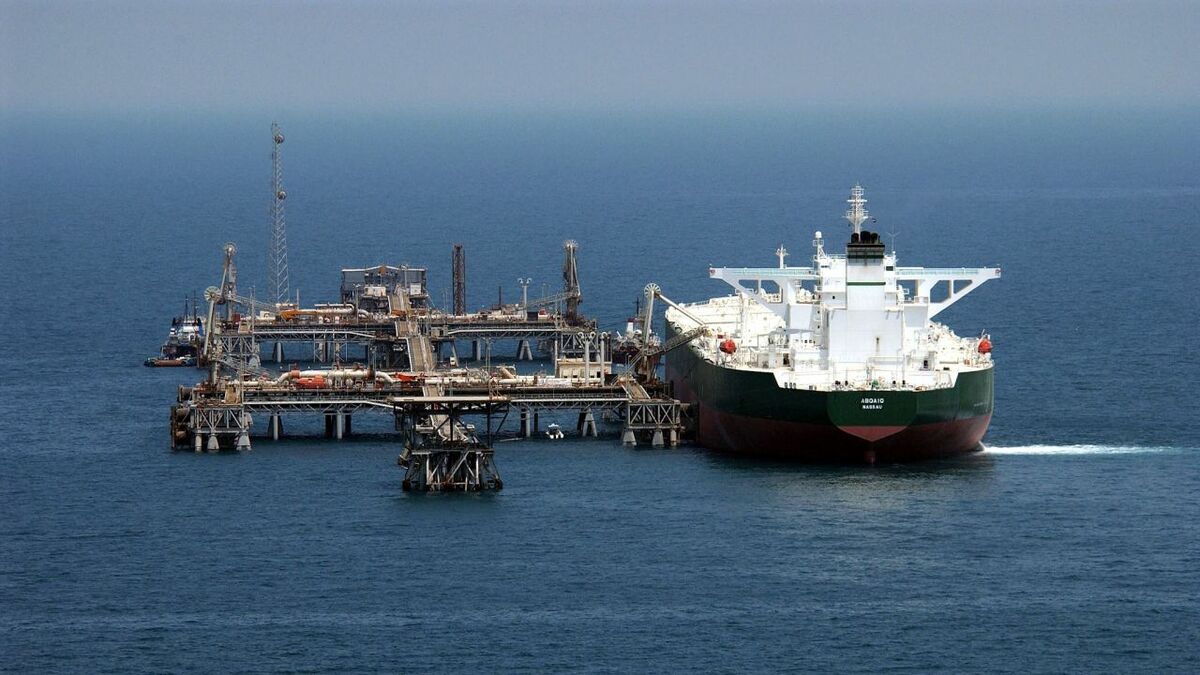
By Adedapo Adesanya
Crude oil was down Friday as traders looked toward weaker demand in the US, the world’s largest oil market, and a boost in supply from the Organisation of the Petroleum Exporting Countries and its allies (OPEC+).
Brent crude traded at $68.12 a barrel after losing 50 cents or 0.73 per cent, and the US West Texas Intermediate (WTI) crude closed at $64.01 after shedding 59 cents or 0.91 per cent.
Crude output has increased as the OPEC+ group has accelerated output hikes to regain market share, raising the supply outlook and weighing on global oil prices. The market was in part shifting its focus toward next week’s OPEC+ meeting.
The US summer driving season ends on Monday’s Labour Day holiday, signalling the end of the highest demand period in the US.
There were also worries about tariffs imposed by the administration of President Donald Trump on US imports from many trading partners, with the market beginning to wonder what effect the tariffs might have on the economic outlook next year.
Prices rose earlier in the week due to Ukrainian attacks on Russian oil export terminals, but reports of talks between Ukraine’s European allies about a possible ceasefire helped tamp down prices ‘
Also, US crude inventories for the week ending August 22 showed higher-than-expected draws, implying late-summer demand was still firm, particularly in industrial and freight-related sectors.
Investors are also watching for India’s response to pressure from the United States to stop buying Russian oil, after Trump doubled tariffs on imports from India to as much as 50 per cent on Wednesday. So far, India has defied the US and Russian oil exports to India are set to rise in September.
This has not changed even as India’s state and private refiners bought more US crude in August to take advantage of the lower freight costs and an open arbitrage window caused by the hiked tariff and falling freight cost for supertankers.
Major investment banks expect Brent and WTI prices to slide in the fourth quarter of 2025 and the first quarter of 2026 amid a growing market oversupply. Banks including Goldman Sachs, Morgan Stanley, and JPMorgan see Brent prices averaging $63.57 per barrel in the fourth quarter.
-

 Feature/OPED6 years ago
Feature/OPED6 years agoDavos was Different this year
-
Travel/Tourism9 years ago
Lagos Seals Western Lodge Hotel In Ikorodu
-

 Showbiz3 years ago
Showbiz3 years agoEstranged Lover Releases Videos of Empress Njamah Bathing
-

 Banking7 years ago
Banking7 years agoSort Codes of GTBank Branches in Nigeria
-

 Economy2 years ago
Economy2 years agoSubsidy Removal: CNG at N130 Per Litre Cheaper Than Petrol—IPMAN
-

 Banking2 years ago
Banking2 years agoFirst Bank Announces Planned Downtime
-

 Sports2 years ago
Sports2 years agoHighest Paid Nigerian Footballer – How Much Do Nigerian Footballers Earn
-

 Technology5 years ago
Technology5 years agoHow To Link Your MTN, Airtel, Glo, 9mobile Lines to NIN






